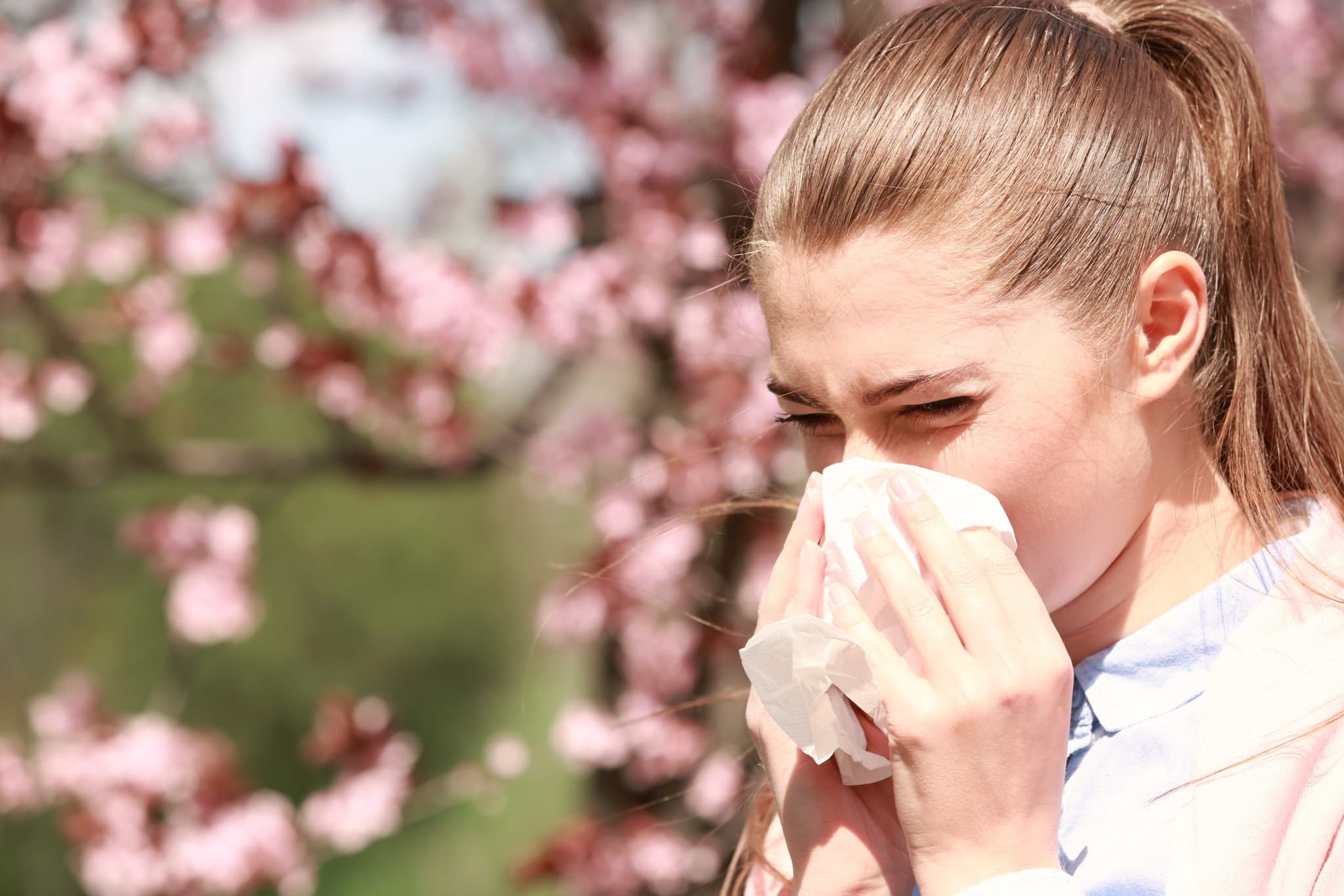
2023-05-19T11:00:36
Environmental allergy testing: What to expect and how to prepare
- Allergy and Immunology
September 20, 2017 | Allergy and Immunology
Specialties:Allergy, Asthma and Immunology

Alongside medication and immunotherapy, many people use additional strategies to help manage their allergies. These supplemental strategies are not necessarily meant to replace FDA-approved allergy treatments, but they can work in conjunction with them. Here are several possible options.
Dehumidifiers
Common allergy triggers include mold, mildew and dust mites, the latter of which are the most common trigger of allergy and asthma symptoms. These might cause a stuffy nose, itchy eyes and skin, or sneezing and wheezing. These triggers thrive in damp, humid conditions—signs your house is humid may include:
A useful solution for many people is a home dehumidifier, which helps keep mold, mildew and dust mites at bay. Dehumidifiers come in a variety of sizes, and range from $200 (for small portable models) up to $1,500 to $2,000 for built-in systems.
Acupuncture
Acupuncture is an ancient Chinese therapy in which tiny needles are used to gently prick the skin at specific points. Although it has several purposes, acupuncture is associated with evidence that it may reduce allergy symptoms. A 2013 study found that eight weeks of acupuncture reduced allergy symptoms, allowing people to take lower doses of their allergy medications.
Allergy-Proofing
Another way of reducing triggers in the home involves allergy-proofing by closing windows, removing shoes and changing clothes or showering immediately after getting in the home (or before coming inside, in the case of changing clothes). This helps stop pollen and other outdoor triggers from spreading inside.
HEPA Filters
Research is divided on whether air filters assist with allergy symptoms, mainly because many allergens exist on surfaces like rugs and furniture rather than in the air. If you do choose to buy an air filter, ensure that its a HEPA filter, which is designed to capture fine, pollen-sized particles. Cleaning is important in controlling triggers as well, and you should also look for a HEPA filter on your vacuum—vacuums without these might blow allergens back into the air and aggravate your symptoms.
Probiotics
Some studies show that probiotics (healthy bacteria living in your digestive tract) can reduce allergy symptoms like runny nose and congestion. Probiotic supplements can be found in grocery stores, and foods like yogurt and kefir (a milk drink) contain them naturally.
Trigger Protection
During allergy season, try to limit your exposure to triggers. Don’t go outside when pollen counts are high, typically peaking between 5 a.m. and 10 a.m. or around midday when it’s warm and windy. Wear a dust mask and sunglasses anytime you garden or clean the garage to keep allergens out of your airways.
Saline Sprays
Over-the-counter sprays can flush out the nasal passages and help clear out pollen and other triggers.
Supplements
Some supplements may help with nasal allergies, particularly butterbur—one of the most widely-researched. Studies show that this compound, and particularly an extract called Ze 339, works as well as certain allergy drugs. Other supplements like quercetin might help as well. Check with your doctor before you begin any regular use of these supplements, especially if you take any daily medication or have any additional health concerns.
If you’re looking for additional ways to manage your allergy symptoms, your doctor can offer recommendations.
Our Utah Valley allergy specialists diagnose and treat patients who suffer from allergic and immunologic disorders. We work with both pediatric and adult patients and use the most comprehensive and up-to-date medical therapies.
Sources:
“Will a Dehumidifier Help My Allergies?” WebMD. http://www.webmd.com/allergies/dehumidifiers-for-allergies
“Relieve Allergy Symptoms Without Drugs.” WebMD. http://www.webmd.com/allergies/allergy-relief-without-drugs#1
WRITTEN BY:
The Live Better Team

2023-05-19T11:00:36

2018-06-13T12:00:19

2018-05-09T12:00:57

2018-04-11T11:00:42
This information is not intended to replace the advice of a medical professional. You should always consult your doctor before making decisions about your health.